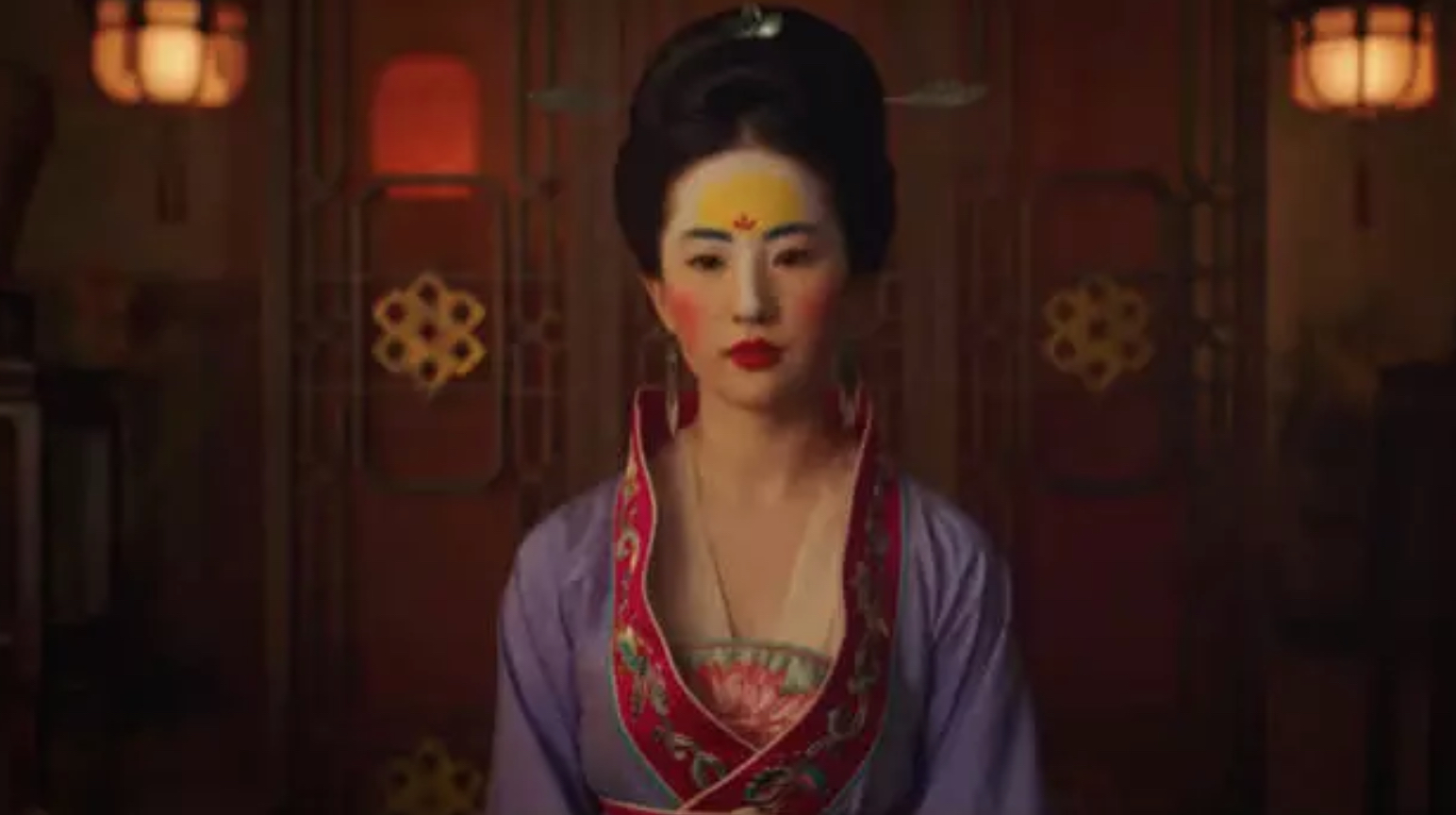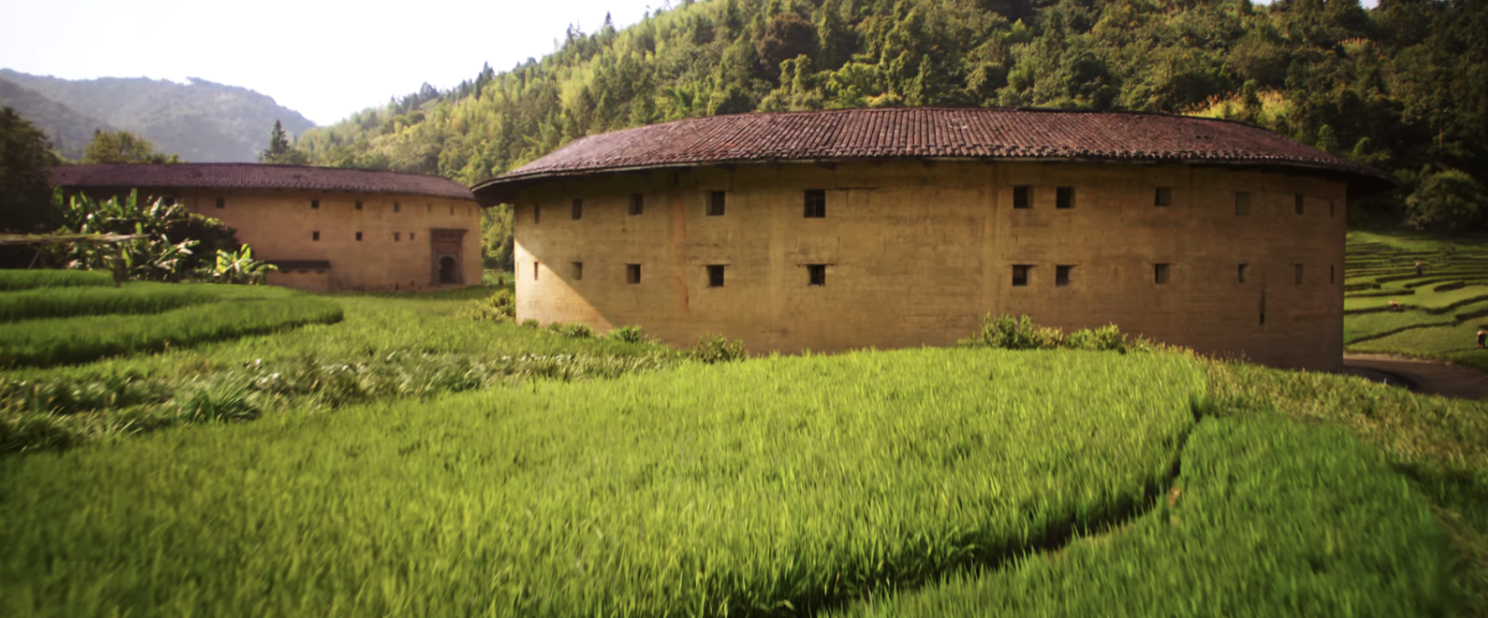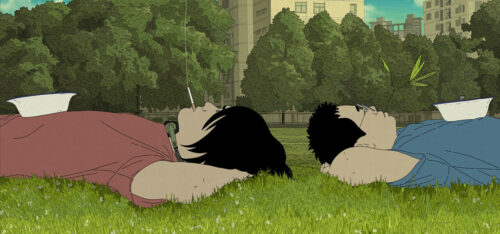5 questions about Disney’s ‘Mulan’ trailer
5 questions about Disney’s ‘Mulan’ trailer
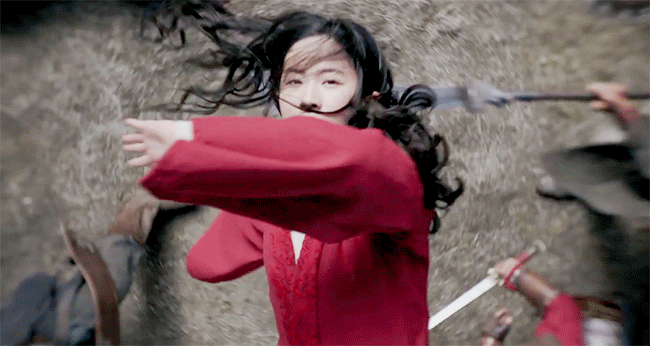
Last weekend, Disney unveiled the first trailer for its much-anticipated live-action Mulan, which is set for a release later next year. In the 89-second clip, Chinese actress Liu Yifei 刘亦菲, who stars as the legendary heroine, can be seen jumping from roof to roof, wielding swords, pulling off Wuxia-style stunts, and basically going full warrior.
Right after its release, the trailer shot to No. 1 on YouTube’s trending list, where it has garnered 22 million views so far. On China’s micro-blogging site Weibo, the movie’s hashtag has been viewed more than 1.5 billion times and elicited more than 1 million posts. Of course, there is a lot here to get thrilled about — like the prospect of Disney telling a story of female empowerment — but, the internet being the internet, there have also been questions. Here are five that are being hotly debated.
What’s more important: that the remake hold (more) true to the original Mulan legend, or the earlier animated Disney version?
The Mulan story is based off an ancient Chinese folk tale about a girl named Hua Mulan 花木兰, born in northern China during the Northern and Southern Dynasties period. As the eldest daughter of an honored Chinese warrior, she lives in a time when invaders keep threatening the country’s border, which propels the Emperor of China to issue a decree that asks every family to have one man serve in the army. Given that her father is frail and her siblings are too young to fight, Mulan decides to masquerade as a man to defend her country.
Inspired by this fascinating tale, Disney released its animated Mulan in 1998, which instantly became a classic with catchy tunes and adorable characters like Mushu, Mulan’s sidekick dragon. But these musical and imaginary elements are nowhere to be found in the remake, as Disney reportedly adopted a more realistic approach.
Although, um, this doesn’t seem realistic:

Will Chinese actress Liu Yifei live up to expectations?
When Disney announced its casting of Liu Yifei as the title character, a significant number of internet commenters lashed out against the idea, arguing that Liu’s fixation on looking pretty on camera is inherently antithetical to Mulan’s fearless spirit. But Liu looks pretty good in the trailer! On Weibo, one internet user commented (in Chinese), “After being criticized for her lifeless acting in many romance movies for many years, Liu finally found her fit with the help from Disney: She’s good at martial arts!”
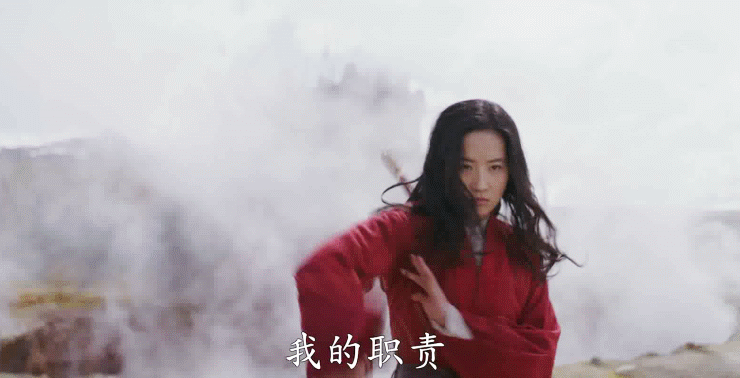
What’s the deal with Mulan’s extravagant betrothal makeup?
Aside from the trailer’s mesmerizing closing moment, where Liu resolutely says, “It is my duty to fight,” another visually striking moment comes when she is about to be married. In some critics’ eyes, the excessive blush on Liu’s cheeks and the red design on her forehead are reminiscent of Zhang Ziyi 章子怡 in Memoirs of a Geisha, where the Chinese actress’s casting as a Japanese courtesan ignited a firestorm of criticism.
While many blamed the similarity on the Western producers’ insensitivity to the uniqueness of different Asian cultures, one expert explained (in Chinese) that the style was actually in line with the tale’s historical context, where such exaggerated looks were popular. As bizarre as it seems, the completely out-of-date makeup style almost became an online sensation in the past few days, when a host of beauty influencers attempted to hop on the trend by paying their cosmetic tributes to the unique look.
Cultural appropriation?
The new Mulan is a movie about a female warrior in ancient China that’s told through the lens of Disney. So naturally, it begs some questions: Does it rely too much on American stereotypes of Asian people in order to appeal to a global audience? Does it distort or gravitate too heavily toward Chinese culture to make the movie look exotic? Is it another example of cultural appropriation in Hollywood, where the problem is deeply rooted?
It’s worth noting that at one point in its creation, the movie faced an avalanche of backlash directed at its original leaked script, where one of the characters is a 30-something European trader who falls in love with Mulan and decides to help the Chinese Imperial Army. The white savior storyline caused outrage in Asian communities across the globe. “I am deeply disturbed that a remake of the beloved Disney classic rejects the cultural consciousness of its predecessor by featuring a white male lead, once again perpetuating the myth that cultural stories are not worth telling without a Western lens or star,” an enraged Mulan fan wrote in 2016.
While the new trailer made it clear that Mulan, instead of a white man, stands at the center of the movie, the short clip still raises some questions about whether the production team has paid enough respect to the legend, and whether the historical and cultural discrepancies in the trailer are the result of artistic license or indifference.
One baffling inaccuracy are the Hakka tulous, the buildings where Mulan lives, which embody an architecture style that didn’t exist until centuries after Mulan’s time. As writer Alice Meichi Li noted, “Was the choice to feature Hakka tulous in the film purely an aesthetic one? And if not, do the creators fully understand the weight of what it means to change Mulan’s ethnic group and/or time period? Or is it possible that this team of non-Chinese creatives simply appropriated it without understanding the culture it actually came from — like the purveyors of ‘American’ food in Guangzhou serving up ketchup-coated pasta in a cowboy barn as if they were making a most-likely-unintentional ‘Spaghetti Western’ joke?”
Is Disney pandering to China’s movie market by making Mulan a “political saga”?
And finally, a political take on Mulan that I suppose most people didn’t see coming. In a piece in the Guardian, Hong Kong-born Jingan Young focuses her critique on Disney’s bowing down to “China’s nationalistic agenda,” writing that in the wake of “recent events in Hong Kong culminating in police brutality against anti-extradition bill protesters, and the ongoing oppression of ethnic Muslim minorities in Xinjiang,” the trailer makes Disney look like it’s “waving a big red flag in everyone’s faces in its desperation to secure success at the Chinese box office.”
The commentary quickly caught the attention of China’s nationalist rag The Global Times, which published a rebuttal on July 10, arguing that the patriotic theme in the remake shouldn’t be politicized. “Chinese people do not want to politicize the Disney film, but some Western people insist on politicizing it,” says Global Times. “It seems that some people tend to politicize everything involving China.”
